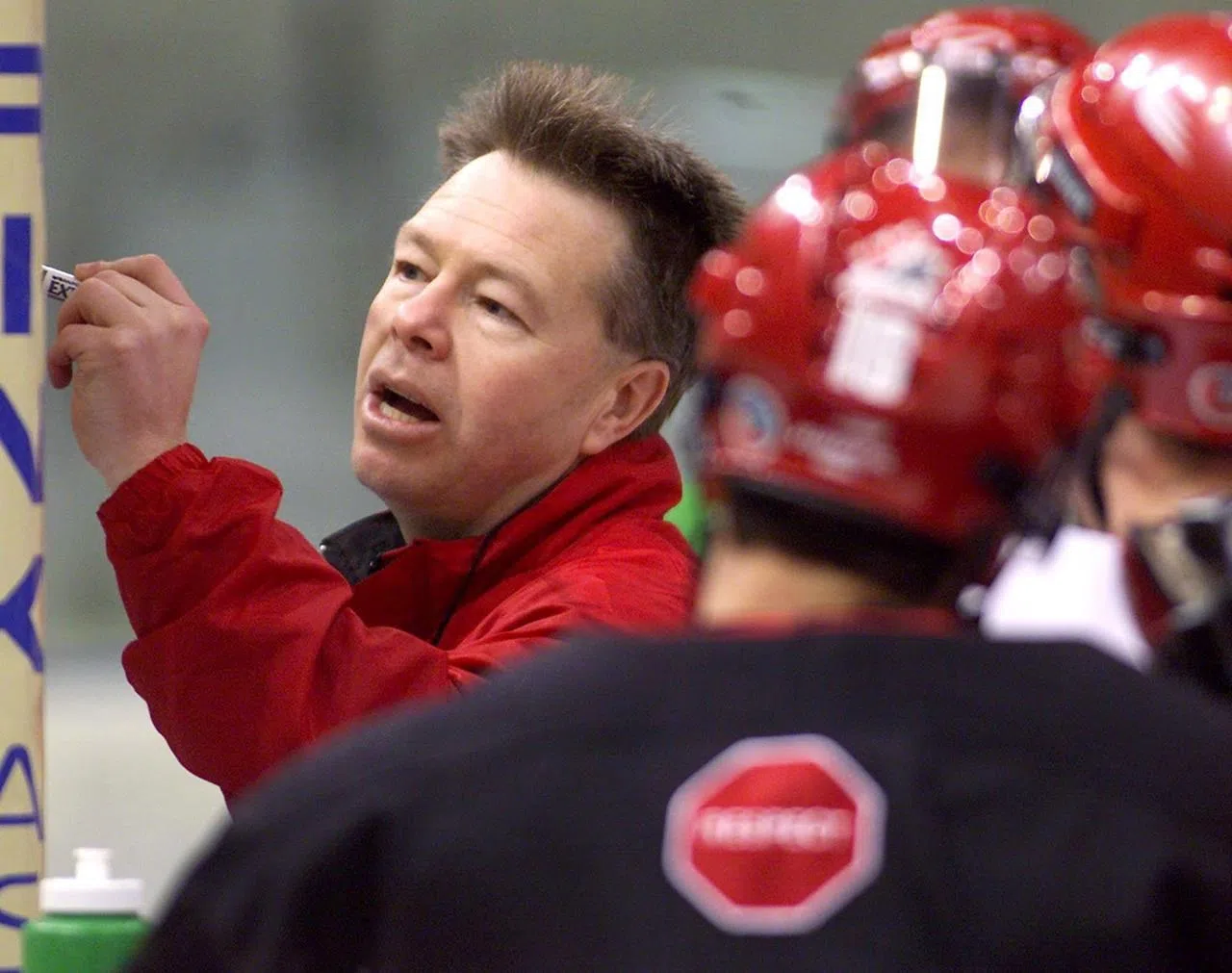
QMJHL’s golden age for goalies at world junior championship long passed
When Stan Butler was coaching Canada’s world junior team, all he had to do was look to the Quebec Major Junior Hockey League for a goaltender.
“Goaltending was always a strength of Quebec. In 2002 the only two players we had on our team (from the QMJHL) were the goalies,” said Butler, who coached the ’02 team to a silver medal with Pascal Leclaire and Olivier Michaud in goal.
“There was a traffic jam of goalies coming out of Quebec in those days. There were a couple camps there where you had all four goalies from Quebec.”
But the days of Quebcec dominance in goal have long passed. This year, Canada is going with Carter Hart from the Western Hockey League and Colton Point from Colgate University in the NCAA for the annual tournament that begins on Boxing Day.

